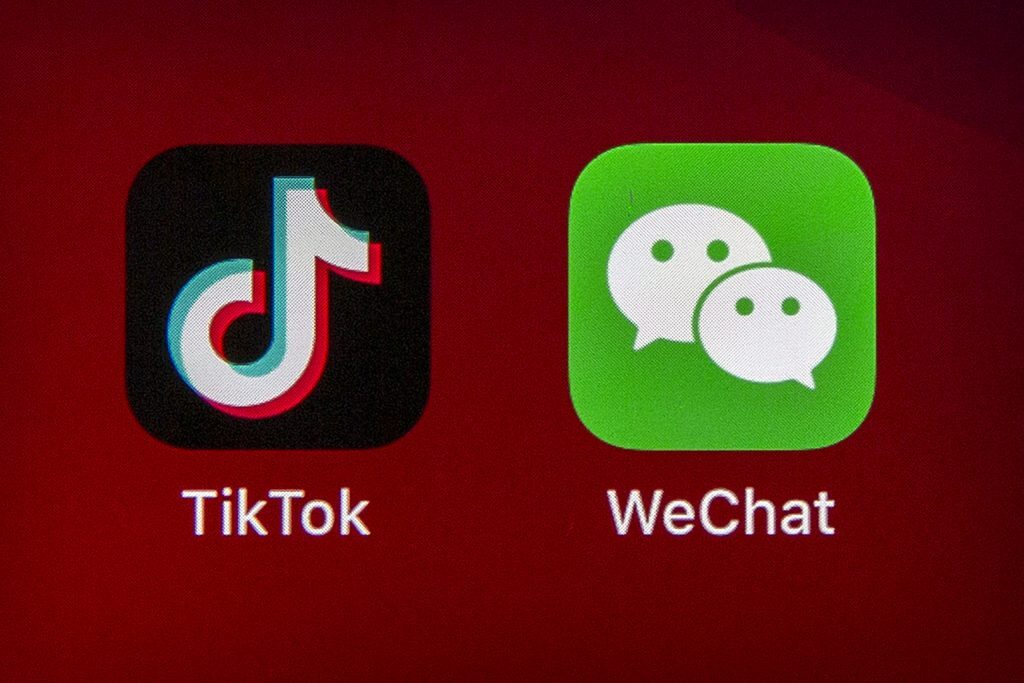Apart from prohibiting the use of Huawei technology by US law enforcement agencies, US President Donald Trump went a step further by banning US firms from dealing with the Chinese telecoms giant. At the heart of that ban was a stipulation that US technology could not be sold to the world’s biggest maker of network equipment and second-largest smartphone manufacturer.
Huawei has continued to operate, and still makes brilliant smartphones, but they are forced to ship without Google’s Play Store. Without the easy access to apps and games, it’s a harder sell for its Android phones despite their good hardware and great cameras.
The Huawei offensive was the biggest early battle of the Great Trumpian Trade War against China – and was the nexus of the standoff between the two economic superpower nations.
Then Trump focussed on the popular social media app TikTok, in no small part because its legions of youngsters inflated the ticket sales to over a million for the US President’s first election rally since Covid-19 struck. This caused him huge public humiliation after less than half of the stadium was actually filled with his supporters.
Last month Trump declared TikTok had 45 days (until 15 September) to find a US buyer or it would be banned. He also banned WeChat, the everything app that is the bedrock of communication and mobile commerce in China.
Given how central WeChat is to doing business, and just about anything, it’s a strategy likely to backfire. A group calling itself US WeChat Users Alliance has already launched a class action law suit because the ban will “severely affect the lives and the work of millions of people in the US”.
TikTok’s Beijing-based owner ByteDance has sued the US government back and its CEO, the recently appointed Disney executive Kevin Mayer, resigned because of this political pressure.
Microsoft has now teamed up, improbably as it sounds, with retail giant Walmart, seemingly to consolidate their offer in the face of another from Oracle, a fierce competitor of Microsoft in the enterprise software market.
Last week Beijing enacted its own version of Trump’s trump card against Huawei – by banning the sale of specific Chinese technology, including artificial intelligence tech, voice recognition and content recommendation analysis.
Such algorithms are the heart of a viral-inducing video chat app like TikTok. If ByteDance can’t sell the underlying AI technology that makes its app so popular, it would be like buying a fancy new car without the engine that drove it to the showroom.
It’s a very clever strategic move, which Bloomberg described as: “China just called Trump’s bluff on TikTok”. That it’s a deeply ironic counter attack using Trump’s own stratagem is almost like geopolitical satire.
And given that it’s two months away from what is looking like a keenly contested US election, it does seem like a backfire on this trade dispute might have a knock-on effect for Trump’s re-election efforts. No wonder he extended the 45-day sale deadline for TikTok last month to 90 days.
But Beijing has called his bluff. Grab your popcorn.
This article first appeared in the Financial Mail.
